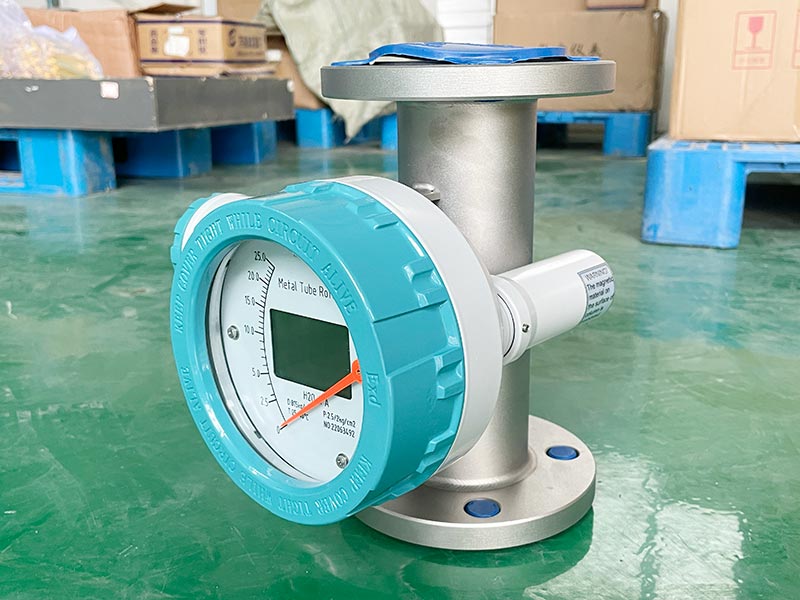The transition from laboratory research to industrial-scale production represents a pivotal moment in the development and optimization of various processes. One crucial aspect of this transition is the implementation of advanced monitoring and control systems, with a particular focus on leveraging nitrogen flowmeters. Nitrogen, an inert gas widely used in industrial processes, plays a vital role in ensuring product quality and process efficiency. In the laboratory setting, researchers meticulously analyze and fine-tune processes on a smaller scale, but replicating and scaling these processes in an industrial environment requires a more sophisticated approach. Nitrogen flowmeters emerge as indispensable tools for process monitoring and optimization during the scaling-up process. These devices provide real-time, accurate measurements of nitrogen flow rates, enabling operators to maintain precise control over the gas input throughout various stages of production. By strategically placing nitrogen flowmeters at key points in the industrial setup, operators can closely monitor and regulate the gas flow, ensuring consistency and reliability in the production process.

This level of control is essential for meeting stringent quality standards and optimizing resource utilization. Moreover, nitrogen flowmeters contribute significantly to the overall efficiency of industrial processes. They facilitate the identification of potential bottlenecks or inefficiencies in the system, allowing for timely adjustments and improvements. Continuous monitoring with nitrogen flowmeters helps operators to fine-tune parameters, such as pressure and flow rates, to achieve optimal conditions for each stage of production and check this https://www.wtfarley.com/Nitrogen-Flowmeter. This not only enhances product quality but also minimizes waste and maximizes the overall yield, contributing to a more sustainable and cost-effective manufacturing process. The integration of nitrogen flowmeters into industrial-scale operations also aligns with the growing emphasis on automation and data-driven decision-making. These devices can be seamlessly integrated into control systems, providing a wealth of real-time data that can be analyzed to identify trends and patterns.
Advanced analytics based on nitrogen flow measurements enable operators to make informed decisions regarding process adjustments, predictive maintenance, and overall system optimization. This data-driven approach enhances the adaptability of industrial processes, making them more resilient to changes and uncertainties. In conclusion, the adoption of nitrogen flowmeters represents a critical step in the evolution from laboratory research to industrial-scale production. These devices empower operators with the tools needed to monitor, control, and optimize nitrogen usage throughout various stages of manufacturing. By ensuring precision, efficiency, and adaptability, nitrogen flowmeters contribute to the overall success and sustainability of industrial processes. As industries continue to evolve, the integration of advanced monitoring technologies like nitrogen flowmeters will play an increasingly pivotal role in achieving higher levels of productivity and quality in the production landscape.



